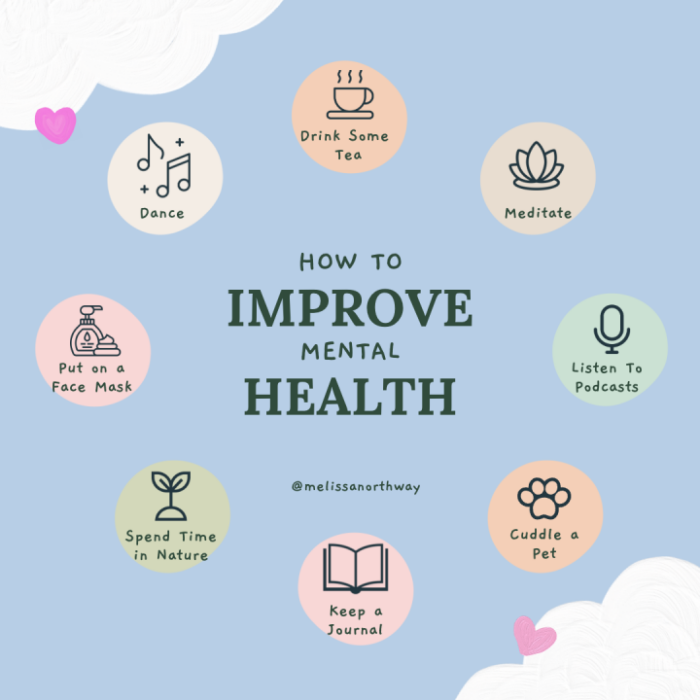8 Mental Health Care Tips
As a Personal Assistant (PA), you are responsible for supporting individuals through a person-centred approach. This means personalising and tailoring care to meet each person's unique needs, preferences, and helping them lead fulfilling and meaningful lives.
Providing high-quality, individualised care requires significant effort and dedication. As such, the role and responsibilities of PAs can be influenced by a range of potential challenges that may affect how effectively this support is delivered.

Different factors, such as:-
All have the potential to impact on your Mental Health & Welfare
Top tips to help you to manage your health & wellbeing
8 Top Tips
Having a healthy work-life balance is important. Finding effective ways to recharge after dedicating your time to supporting people is a key element to accomplishing personal and professional goals. Many PAsexperience reduced home life and mental health challenges due to long work hours. These factors can contribute to anxiety and depression, as people do not have time for substantial rest. Therefore, work-life balance is a crucial element for work and accomplishing personal goals that make us happier, healthier, and more in tune with ourselves. This enhances motivation, creativity, and performance at work while contributing to better mental well-being for the people under their care.
The following tips provide guidance in achieving a work-life balance:
To improve sleep quality, try
By incorporating these tips into their routine, you can establish healthier sleep habits, ensuring you get the rest that you need to function optimally and effectively.
Finding an enjoyable activity is the first step in staying active. There are many choices out there that can work,
By prioritising an active lifestyle, healthcare PAs empower themselves to thrive personally and professionally.
Keeping healthy eating habits can sometimes be a challenge due to the busy nature of work. However, eating well and staying hydrated is important for physical and mental health. To combat this;
By implementing these suggestions, you can enhance your communication skills and access support as required.
By incorporating time dedicated to self-care, you can effectively manage stress and improve the work-life balance. These self-care practices not only benefit the you but also have a positive impact on those around you and who you support.
Maintaining boundaries in a PA role is crucial to ensure the relationship remains supportive without becoming overly demanding or leading to unwanted / over dependency situation.
For more information:
Our best mental health tips – backed by research | Mental Health Foundation
